0.5 hp jet irrigation pump is considered as a pump for agricultural and domestic purposes. A pump is used when water needs to be moved. Hence, a water pump is a mechanical device that uses a system of pipes to transport water from one place to another. Water pumps work by converting input energy into kinetic energy, moving water from areas of low pressure to areas of high pressure, thereby reducing labor. Energy input can vary between manual, conventional (fossil fuels), and non-conventional (solar, wind, hybrid systems). The application of a 0.5HP water pump has almost become an indispensable part of daily life, whether it is residential, agricultural, or industrial. Depending on your needs and desires, there are two main types of pumps available on the market: domestic pumps and agricultural pumps. They are designed in such a way that the device is a perfect choice. These domestic and agricultural water pumps can also be used in self-priming regeneration pumps, centrifugal pumps, submersible pumps, Borewell compressor pumps, booster pumps, and shallow well pumps. First of all, you need to know the purpose of installing these pumps as needed. Once you know your needs, you need to check the flow rate, inlet size, maximum head and pressure, pump quality, and then the type of water to be pumped. Deciding which 0.5 HP water pump to buy will also become easier once all of these factors are determined. The 0.5 HP pump can lift water up to 215 feet. Suitability: They are suitable for drill holes of at least 4 inches at 300 feet depth. The head of 0.5 hp jet irrigation is from 20 to 79 feet (6 – 24 meters). Of course, based on the customer’s desires and the production line of the manufacturer the configuration can be different.
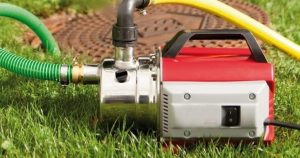
jet irrigation pump 1.5 1 hp
A jet irrigation pump can be offered with 1.5 hp power and 1 inch outlet. This information is not enough to buy a proper pump that can meet your requirements in an efficient manner.
Flow rate
Flow rate is the time it takes for a pump to pump a specific amount of water, mostly measured in liters per minute. If you plan to use the pump for your workplace or farm, you need to buy a pump that can pump over 2500 liters of water per minute. On the other hand, pumps with a flow rate between 100 and 200 liters per minute are suitable for any domestic use.
Input size
Most pumps have inlet sizes between 1 and 6 inches, but in some cases, they can be larger. Centrifugal water pumps also work in the same way, drawing water in from the inlet and pushing it out through the outlet valve. In this case, the larger the inlet valve size, the more water the pump can pump out and the faster it can get the job done.
Maximum head and pressure
Maximum pump lift refers to the farthest distance the pump can pump. For example, if you buy a pump with a maximum height of 60 meters, if you try to pump water above this height, the flow rate will be zero. In general, the maximum head of the type of pump you choose should be greater than the height you intend to pump.
pump quality
The first thing to consider is the brand of the pump. The motor or engine can also tell you the quality of the water elevator. The necessary research and investigation on how the quality of the water pump should be carried out.
Fluid quality
The type of water you pump is also a factor to consider. Transfer pumps are different from fire pumps. Other types of pumps include chemical pumps and dirt pumps.
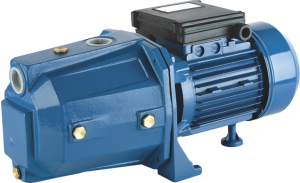
jet irrigation pump 1/2 10 2 hp
One of the things affecting the price is quantity. For instance, the price of 10 sets of 2 hp jet irrigation pumps with ½ outlet is mostly less than one set of that. Of course, it was an example but surely one of the influencing factors on price is quantity. A well jet pump is an above-ground device that uses centrifugal force and jet to pump water from a well or other source. The device blows water through a venturi to create a vacuum, sucks the water in, and sends it to the other side through a turbine. Well jet pumps are designed to provide water for these domestic or agricultural applications:
- Bring drinking water from the well to sinks, showers, bathtubs, and pipes in the house.
- Supply water to sprinklers to maintain the garden.
- Turn on the hydraulic heater.
- Provide hot water to your home.
- Irrigation water to keep your large area clean and healthy.
- Remove unwanted water from ponds or other bodies of water.
- Increase water pressure for indoor or field use.
Consider the features of each type of jet pump to find the right product for your property:
- Shallow Pumps: Cast iron shallow pumps pump water from wells 25 feet deep or less. The unit sits in a well-mounted enclosure and pumps water at a rate of 15 gallons per minute. Shallow wells are three-quarters wattage and typically run on 115 or 230 volts, depending on your home’s electrical needs.
- Convertible Jet Pump: The cast-iron convertible jet pump accommodates wells and other water sources up to 70 feet deep. The convertible jet well pump has 1 HP and can pump water at a rate of 10.6 gallons per minute. Like the shallow well unit, the convertible can run on 230 or 115 volts. It has two pipe holes and can pump water for both shallow and deep well applications.
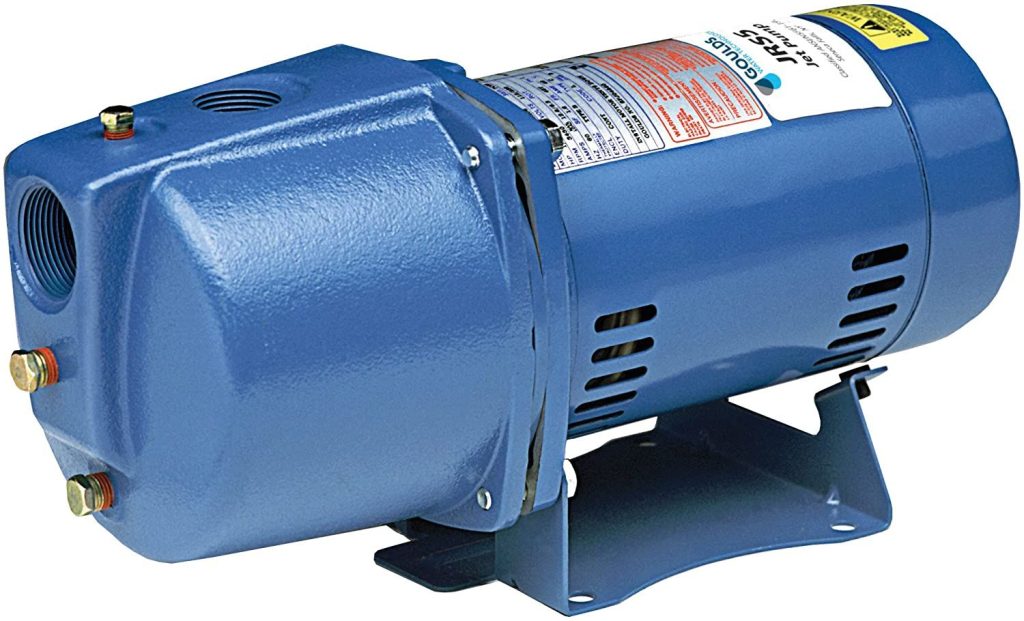
jet irrigation pump 20 2.5 3 hp
A 2.5 hp jet irrigation pump with 3-inch outlet can pump water 20 meters at least. Jet pumps are considered to be one of the two most popular types of pumps used in private well systems and low-flow irrigation applications. This solution is popular in areas with high water tables and hot climates. The pump itself is floor mounted and is typically used to pump water from the floor through a suction pipe, allowing it to use centrifugal and jet operation. In order to efficiently deliver water from point A to point B, it needs the help of many jet pump components. To ensure that all of these components work properly, a start-up procedure is required. Activating the jet pump simply means getting it ready to deliver water. All jet pumps require priming upon initial installation and under normal use do not need to be re-primed. The actuation action consists of filling the pump with water and forcing water through the suction tube to remove the air, which is necessary to create the pressure required for the pump to start operating. Air leaks in the suction line can cause the pump to shut down. This is sometimes called “loss of perfusion”. A procedure can be performed to fill, which will fill the entire cannula and suction port with water. A jet pump can help you easily bring water from a well into your home or bring it out where you don’t need it. Whether you need a new shallow well or a convertible jet pump, we have high-quality pumps in stock. You can buy one directly from your local home improvement store and install it yourself on your property in no time. Fill out a form on our website then our technicians will contact you as soon as possible.
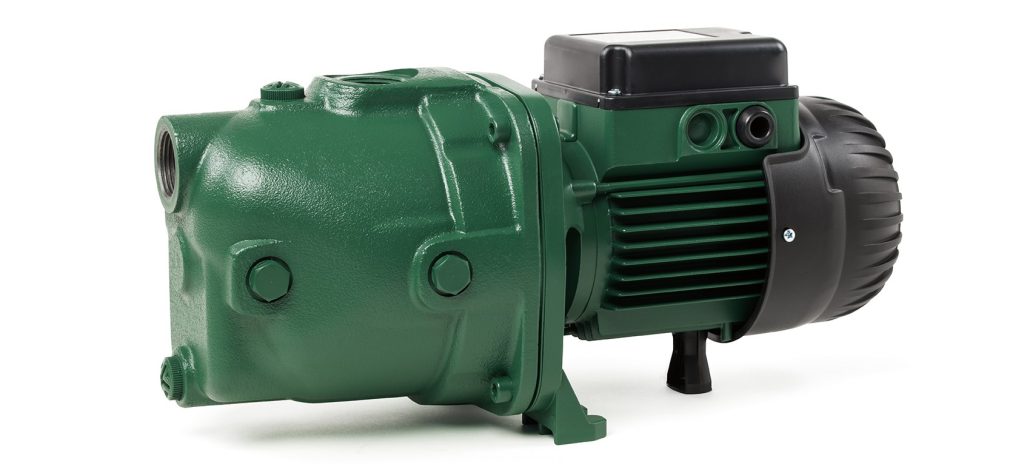
jet irrigation pump 40 4 3/4 hp
For apartments, a jet irrigation pump with a 40-meter head, 4 hp power, and 3/4 outlet is a proper choice. Jet pumps can lose their primary function for the following reasons:
- Possible leaks in suction piping, foot valve, or air flow control fittings
- Water can be sucked under the foot valve causing the pump to suck in too much air
- In the case of a deep well installation, the control valve can be set to insufficient pressure to operate the jet
- If installed in a single pipe, water may leak between the packing assembly and the housing. Water can seep into the ground through worn or defective well casings.
- Check valve not working
When starting the pump, disconnect the power supply for safety reasons and follow the steps below. Be sure not to turn on the pump when it is empty, as this can cause serious damage to the pump:
- Locate the priming plug on the pump and loosen the plug
- Fill the entire pump and suction line with clean water
- Slightly tighten the packing cap
- Turn on the pump to check if it is running. It should run until its cycle is complete, then stop. If so, you can tighten the starter plug.
If your jet pump does not start, repeat steps 1 through 4. Some pumps require multiple starts to bleed all air from the system. If your pump still won’t start, check the entire system for any signs of damage or leaks. Our 24/7 technicians are ready to answer your questions about jet irrigation pumps and also, we welcome international retailers and people who want to run a new profitable job. As we are a manufacturer, we can customize our products based on our customer’s desires.
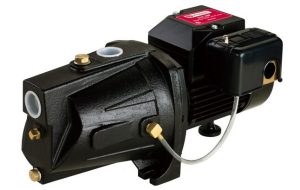
jet irrigation pump 12 110 240 24 220v
Jet irrigation pumps are offered at 110 V, 220 V, and 240 V. The solar type of this pump is offered at 12 V and 24 V. Solar pumping systems can be used for urban water supply, livestock watering, and irrigation. The solar irrigation system is an application of a solar water pumping system, used in rice fields, and gardens to water plants, vegetables, etc. Some of the benefits of a typical solar irrigation system are:
- It allows irrigation in remote areas
- Environmental protection
- No requirement to connect to the network
- No need to pay electricity bills
- No fuel is needed
- Durable and requires minimal maintenance
Actual component and hardware requirements depend on the type of irrigation system, such as surface irrigation that circulates the water over the surface of the field, localized irrigation (such as spray or drip systems drip or drip) which applies water to or next to each plant, and sprinkler irrigation, in which water is directed to one or more central locations in a field and distributed by sprinklers or high-pressure lances.
A solar irrigation system consists of three main parts: an electric pump, a pump controller, and a solar panel. The pump has a motor that runs on electricity generated by solar panels. Depending on the motor type (AC or DC), the solar water pump motor voltage can be AC or DC. DC motors are primarily used in small to medium applications such as garden fountains, landscaping, livestock watering, or small irrigation projects. Most DC pumps run on 24 volts instead of 12 volts. However, the small 12-volt system works for light applications and the 48-volt system is also suitable for heavier applications. Motor power is measured in watts or horsepower (hp).
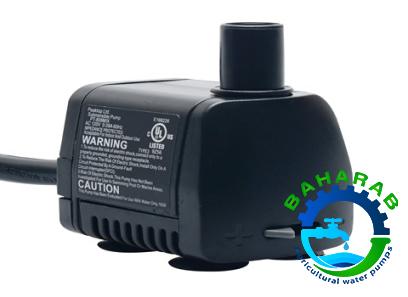
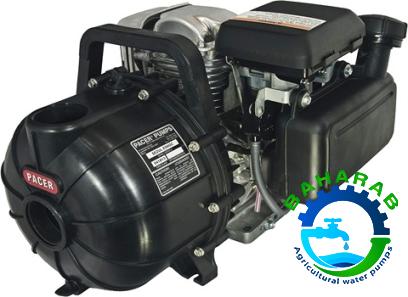
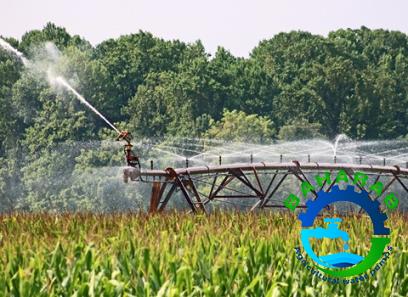
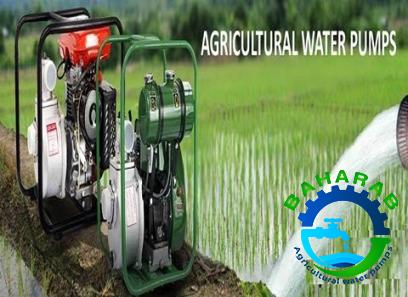
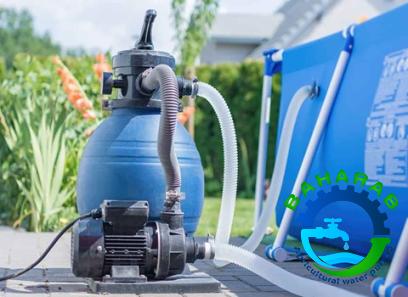
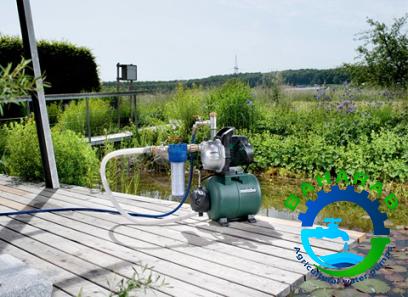
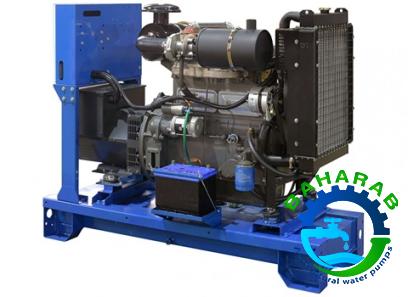
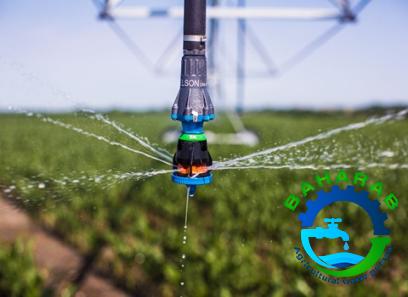
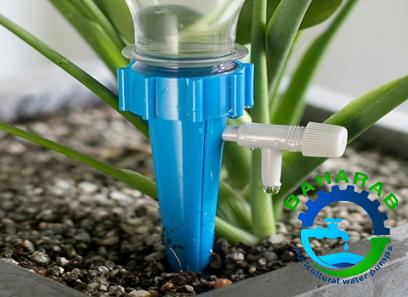
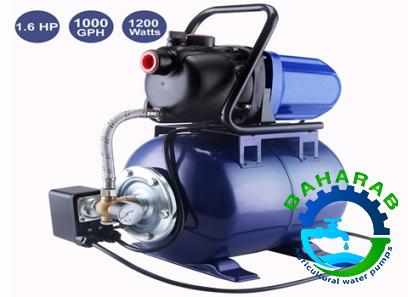
Your comment submitted.